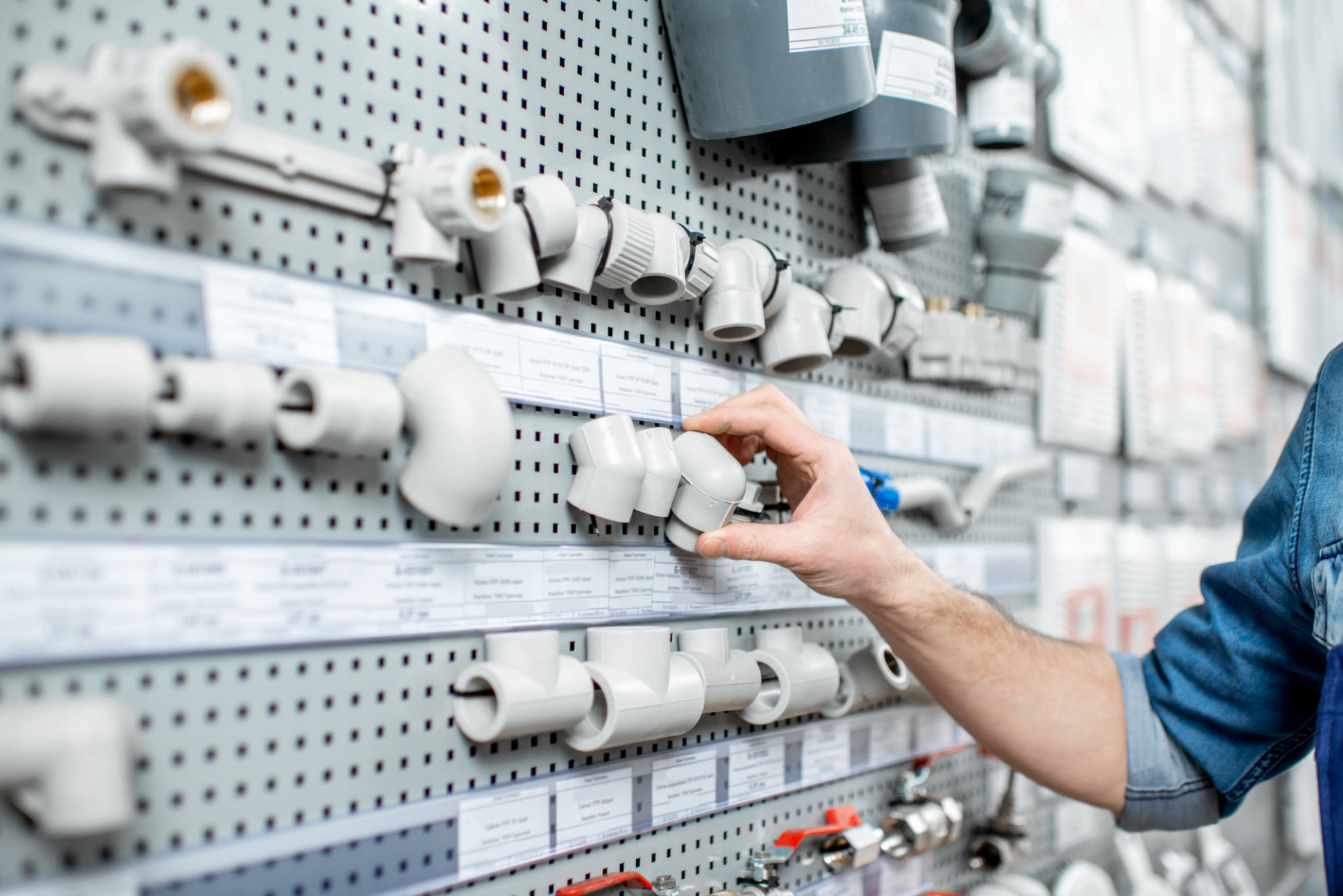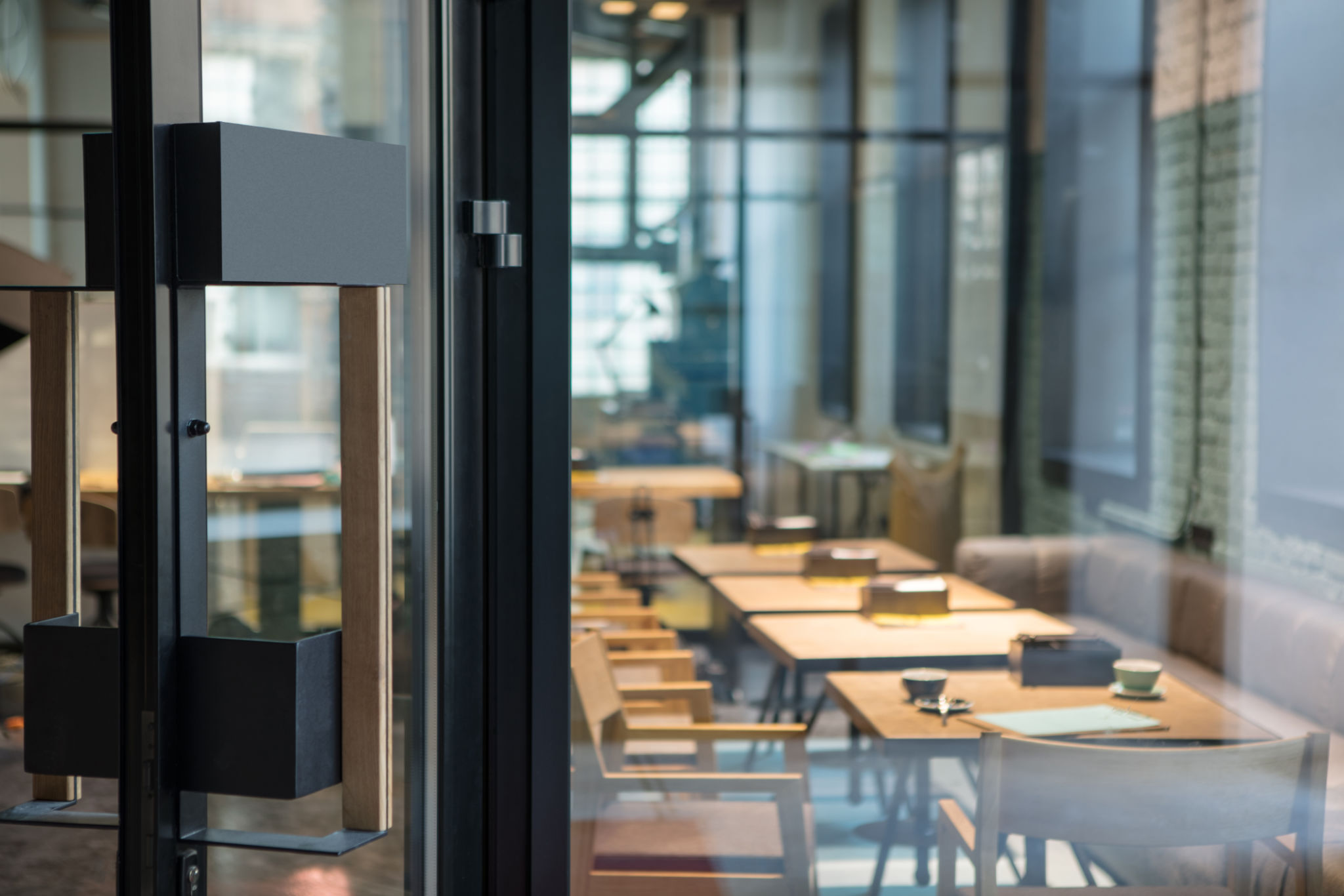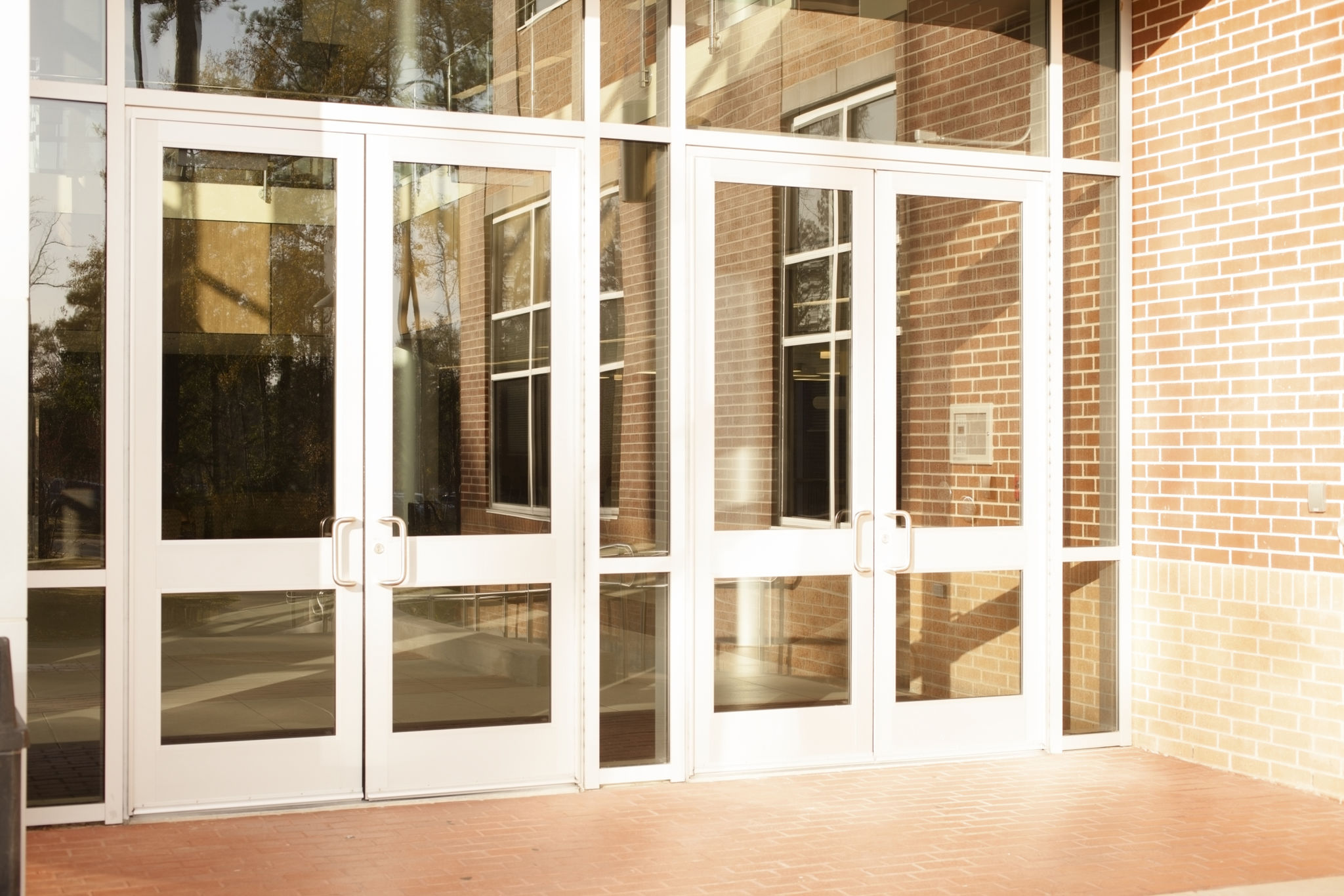Comparing Commercial Storefront Materials: Which is Right for Your Business?
Understanding Your Options
Choosing the right material for your commercial storefront is a crucial decision that can impact your business's appearance, durability, and cost-effectiveness. Storefronts are the first impression customers have of your business, so selecting the right material is essential for both aesthetic and practical reasons. This blog post will explore some of the most popular materials used for commercial storefronts, helping you determine which is best for your business.

Glass Storefronts
Glass is a popular choice for modern storefronts due to its sleek appearance and ability to showcase products effectively. It allows natural light to flood into your store, creating a welcoming atmosphere. However, it is important to consider the type of glass used, such as tempered or laminated glass, to ensure safety and durability.
One of the main benefits of glass storefronts is their aesthetic appeal. They can be customized with various tints and coatings to enhance energy efficiency and privacy. On the downside, glass can be prone to breakage and may require regular cleaning to maintain its clear appearance.

Aluminum Storefronts
Aluminum is another commonly used material for storefronts, known for its strength and lightweight properties. It offers excellent durability against harsh weather conditions and is resistant to rust and corrosion. Aluminum frames can be combined with glass panels to create a modern and professional look.
The versatility of aluminum allows for a variety of finishes and colors to match your brand’s identity. Additionally, aluminum is low maintenance and can be easily repaired if damaged. However, it may not provide the same thermal insulation as some other materials, which could affect energy efficiency.

Wood Storefronts
For businesses aiming for a classic or rustic look, wood storefronts are an appealing option. Wood provides a warm and inviting appearance that can be tailored with different stains and finishes. However, wooden storefronts require regular maintenance to protect against weather damage and pests.
While wood offers excellent insulation properties, it may not be as durable as other materials like aluminum or steel. It is also essential to consider fire safety regulations when opting for a wooden storefront.
Steel Storefronts
Steel storefronts are ideal for businesses requiring extra security and strength. Steel is incredibly durable and resistant to impacts, making it suitable for high-traffic areas or locations prone to vandalism. Additionally, steel can be coated with various finishes to prevent rust and add a layer of customization.
Despite its benefits, steel can be more expensive than other materials and may require additional insulation to improve thermal performance. However, its robustness often justifies the investment for businesses prioritizing security.

Making the Right Choice
When selecting the right material for your commercial storefront, consider factors such as aesthetics, durability, maintenance, and budget. Each material offers unique advantages and potential drawbacks, so it is vital to evaluate your specific business needs. Consulting with a professional can also provide valuable insights into making the best choice for your storefront.
Ultimately, the right material will enhance your business's curb appeal while providing the functionality needed to support your operations. Take the time to explore your options thoroughly to ensure your investment stands the test of time.
